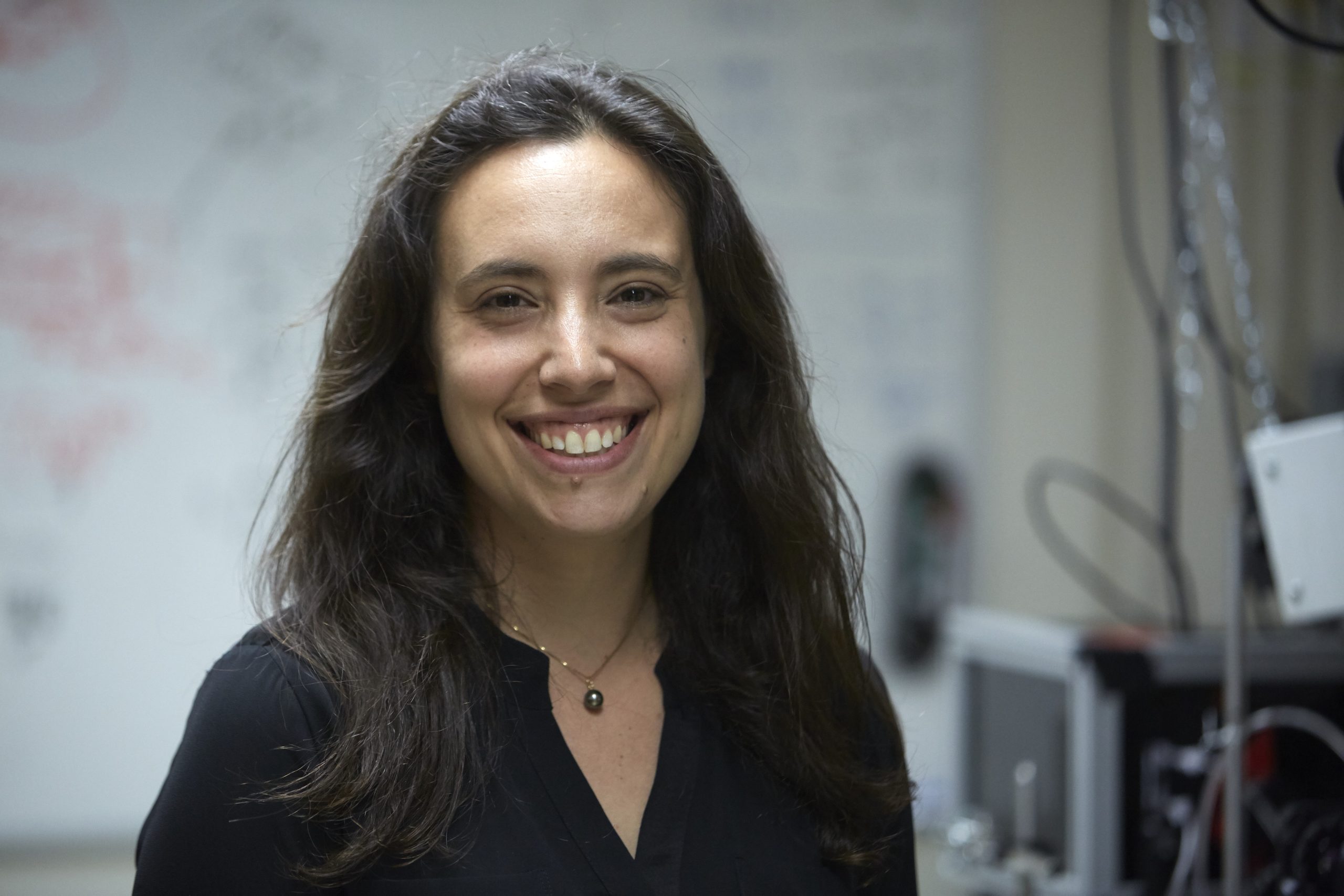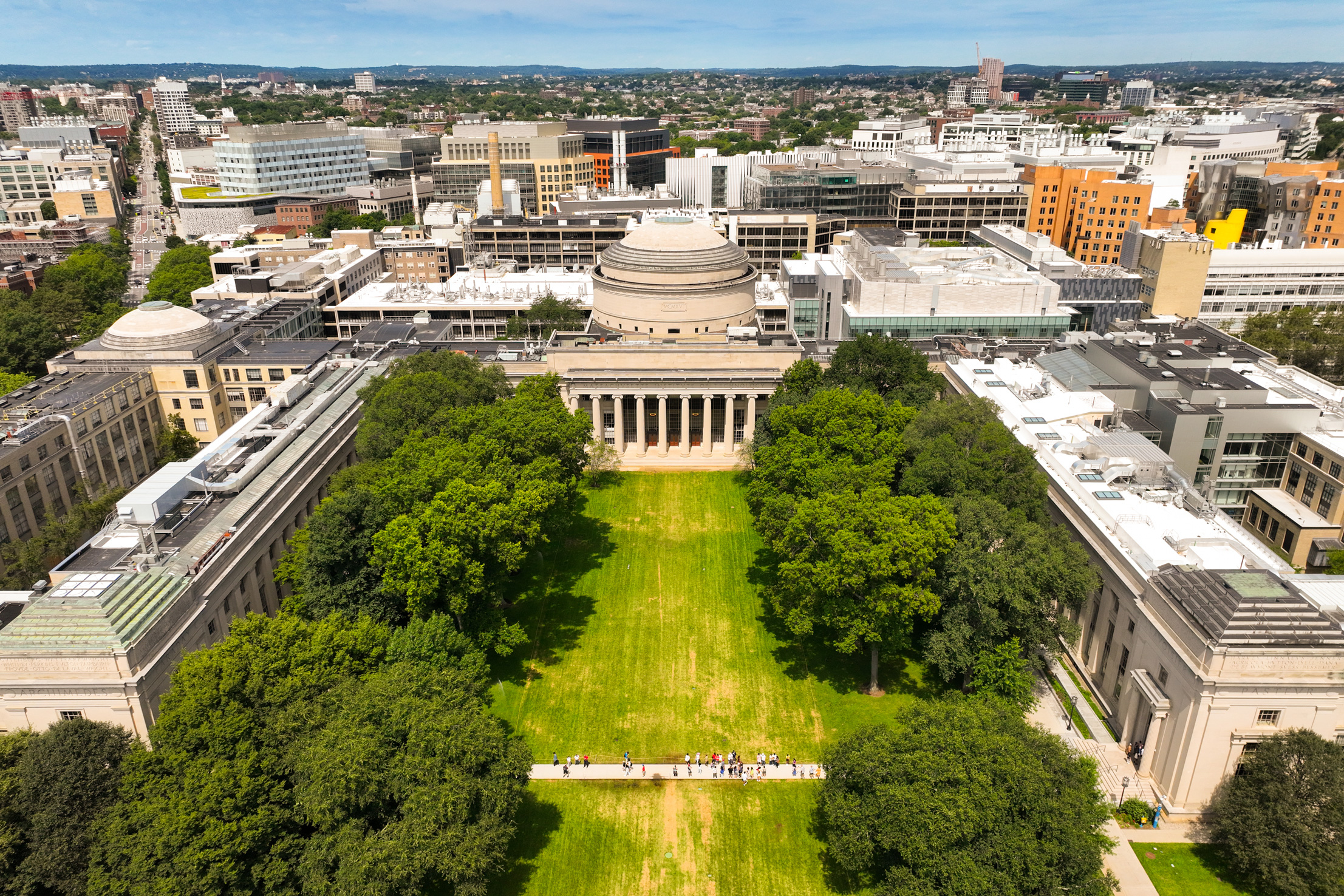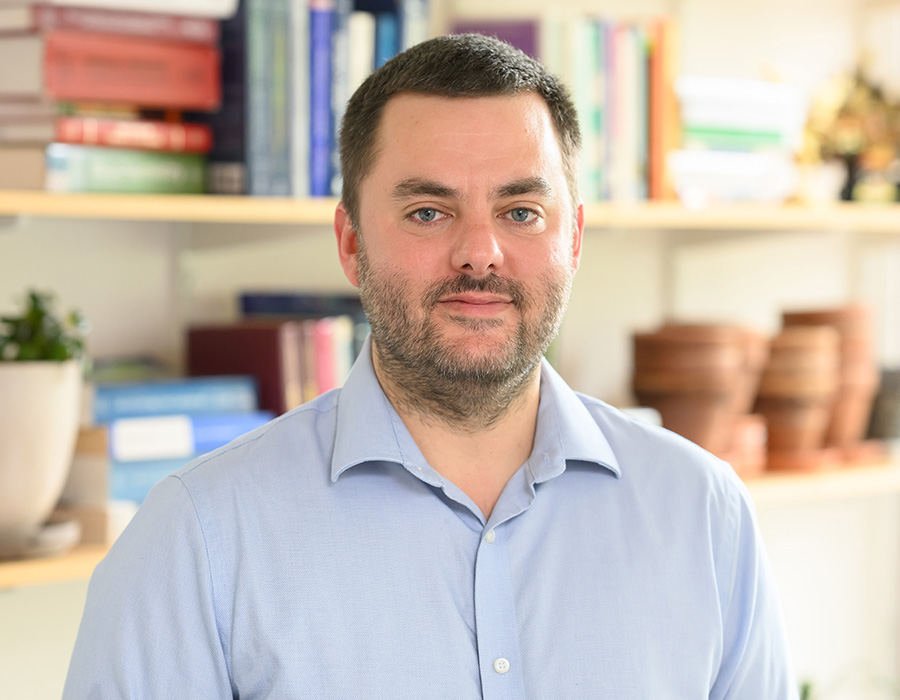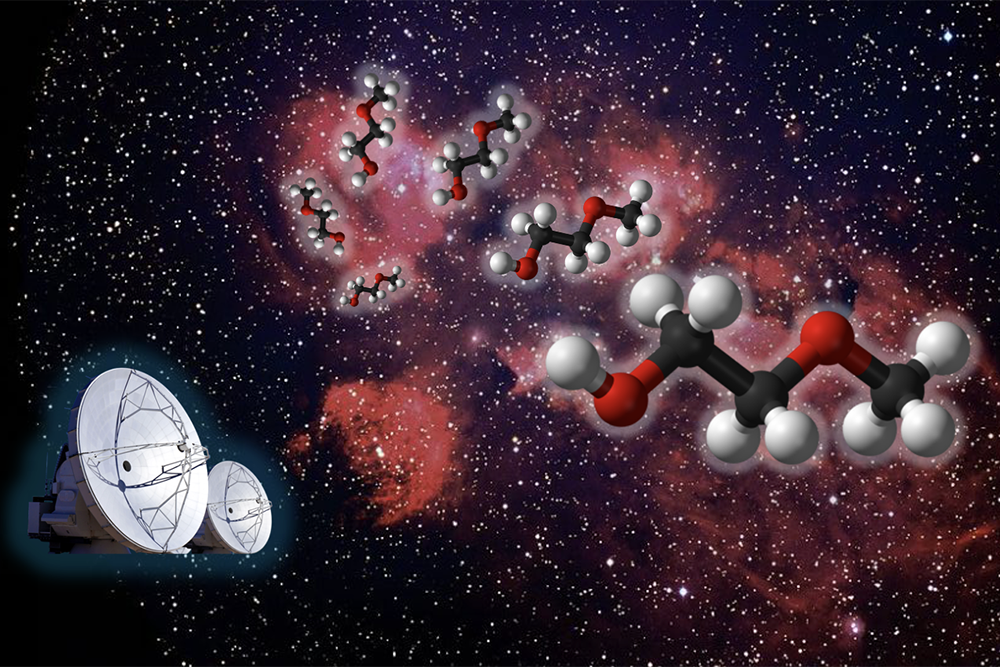Gabriela Schlau-Cohen receives 2024 Protein Science Young Investigator Award
Given by the Protein Society, this award recognizes early-career scientists who have made an important contribution to the study of proteins.
Professor Gabriela Schlau-Cohen has been selected by the Protein Society as the winner of the 2024 Protein Science Young Investigator Award. Sponsored by Wiley, this award recognizes scientists within their first 8 years of an independent career at the time of nomination who have made an important contribution to the study of proteins. Schlau-Cohen was chosen in recognition of her innovative and multidisciplinary developments and applications of spectroscopic methods have led to a widespread understanding of fundamental biological processes such as photosynthesis and signal transduction by membrane protein receptors. Schlau-Cohen and her fellow honorees will receive their awards at the 38th Anniversary Symposium, to be held in Vancouver, Canada this July.
Founded in 1986, the Protein Society is the leading international Society devoted to furthering research and development in protein science. The Society aims to provide international forums to facilitate communication, cooperation, and collaboration regarding all aspects of the study of proteins. In support of these goals, the Society publishes Protein Science, the premier journal in the field, hosts an annual international symposium, and facilitates the education of early-career protein scientists across all lines of discipline. Members of the Protein Society represent a wide spectrum of academic, industry, governmental, and non-profit institutions from more than 40 countries around the world.
Research in the Schlau-Cohen group is inherently multidisciplinary; combining tools from chemistry, optics, biology, and microscopy to develop new approaches to probe dynamics. The researchers study dynamics in two classes of systems: biological and bio-inspired light-harvesting systems that are of interest to solar energy research and biomass production; and bacterial and mammalian receptor proteins that are targets for human therapeutics. To explore these systems, they use ultrafast transient absorption spectroscopy, single-molecule fluorescence spectroscopy, and develop model membrane systems.





